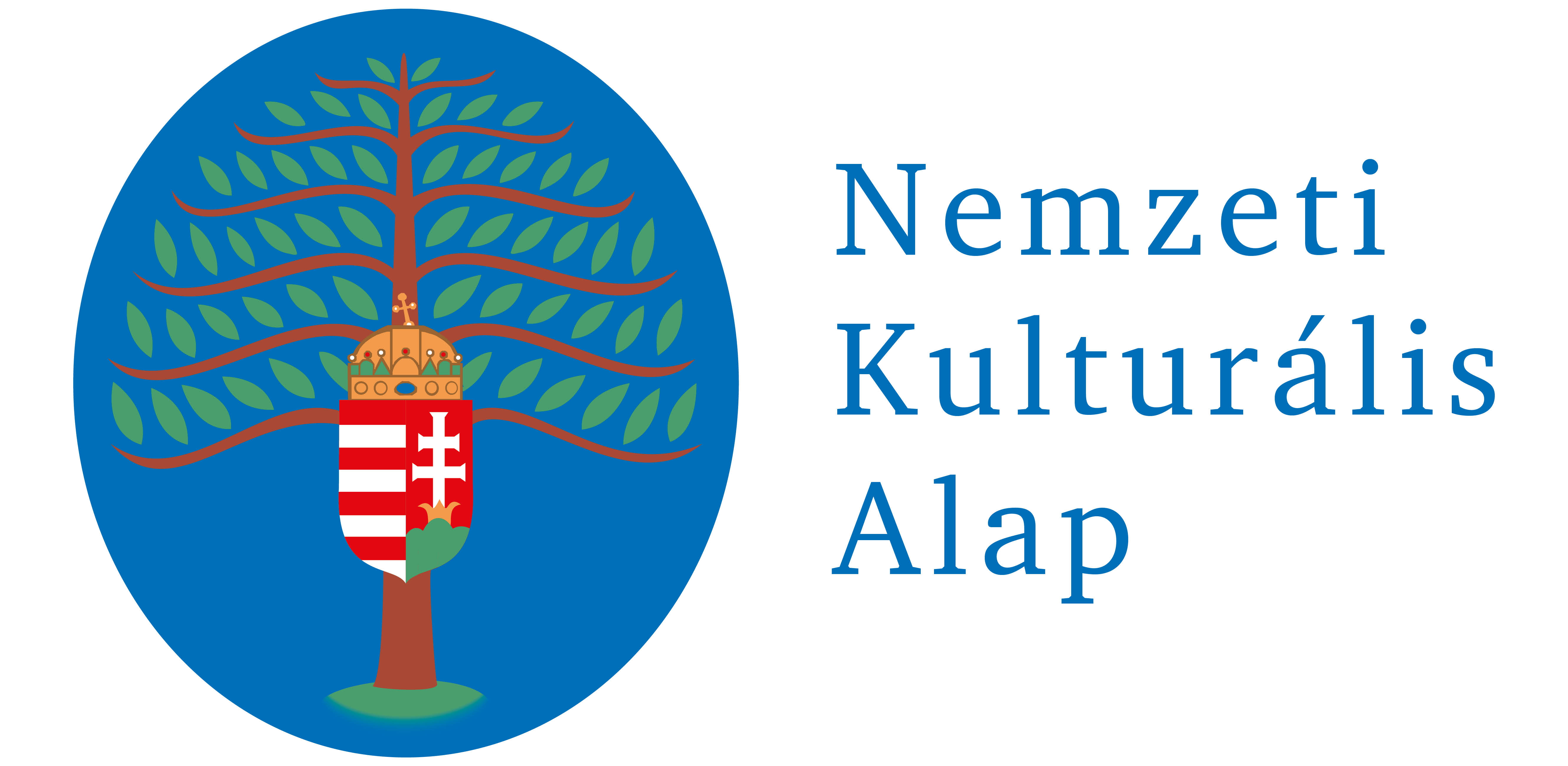Naptár
2024. április 15–19.
2024. április 20.
Eötvös József Kárpát-medencei középiskolai szónokverseny
2024. március–április
A Magyar Nyelvtudományi Társaság tavaszi felolvasóülései
Tovább...
3. 2013.
Abstracts in English
Studies
Horváth, Viktória – Beke, András
The characteristics of spontaneous speech of children
with normal hearing and hearing impariment
Hearing loss gives difficulties not only in speech processing but it also has an effect on speech production. The speech of children with hearing impairment can be characterized by the wrong pronunciation of sounds; also, prosody differs from healthy speech in a very distinctive way. A larger and larger number of students with hearing impairment follow their studies in inclusive education, i.e., together with hearing students. Therefore, not only the success of speech processing, but also the investigation of the characteristics of speech production is of special importance. Spontaneous narratives of 12 students with hearing impairment (in grades 7–8) and of 12 students in the control group have been recorded. Vowel length, suprasegmental features (speed of articulation and speech, pitch, length of pauses), and speech errors were analyzed. The results show differences in the analyzed parameters of the speech of students with normal hearing and hearing impairment. It is thus very important to constantly develop the speech production of children with hearing impairment in inclusive education.
Horváth, Krisztina
On the evaluation of sentence intertwining in an attitude survey
This study discusses one aspect of the phenomenon called sentence intertwining. Results of an attitude survey show to what extent Hungarian native speakers judge sentences with sentence intertwining as acceptable. In particular, the study discusses whether there is a difference among the judgments of the respondents having different relationships to Hungarian; and whether linguistic awareness has an influence on the judgments of the sentences. Some researchers say that sentence intertwining is a characteristic of spoken language. The present study aims to answer the question whether speakers accept and judge this sentence structure as correct in written sentences as well.
Vakula, Tímea
An experiment for the description of the relations among working memory, vocabulary and text comprehension at the age of 3–8
The aim of this study is to investigate (1) the increase of working memory capacity and (2) the change in performance of listening comprehension and the possible relations between these two. 30 normally developing children of the age of 3, 6, and 8 participated in the experiments. To measure vocabulary, an open word association task was used; to measure working memory capacity, non-word stimuli and digit-span tasks were used; listening comprehension was measured by subtest 12 of the GMP test. The statistical analysis of the relations between the variables showed a correlation between working memory capacity and performance in listening comprehension. Findings of the research have also shown how important it is to develop working memory and text comprehension in childhood.
Workshop
Szabó, Tamás Péter
The dynamics of metalinguistic socialization at school
(Terminology use and action)
This study, following a theoretical summary, analyzes classroom discourse based on the database built up by the author. Examples show what joint discursive routines to which both teacher and students contribute are acquired by participants of such school discourses. These routines are embedded in several activities preferred by the school, they prepare students to acquire scientific phraseology, and also provide the basis for the metalinguistic socialization of students. The analysis pays special attention to routines concerning learning terminologies and to cases where interactive and active routines are interwoven. Conclusions of this study serve the better understanding of situated learning and of identity constructions at school. In addition, they anticipate the investigation of unexplored relations of measuring school performance in a Hungarian context.
Tóth, Andrea
Problems with the evaluation of dictation in grades 5–8 in primary education
This study investigates the traditions of the teaching and evaluation of spelling in grades 5–8 in primary education with special attention to the evaluation of dictation. Dictation is a device to measure spelling and – in a wider context – to measure first language competence. Developing spelling as a fundamental skill has a vital role in education at school. There is a timely discussion about the problems of evaluation, as there is no standardized practice in correcting errors due to the lack of a unified norm. This study shows the results of a questionnaire survey of fifty teachers from grades 5–8. The survey investigates the methodology of spelling, by comparing it to the evaluation systems of previous decades. It also touches upon the question of the need for a unified norm and related issues.














